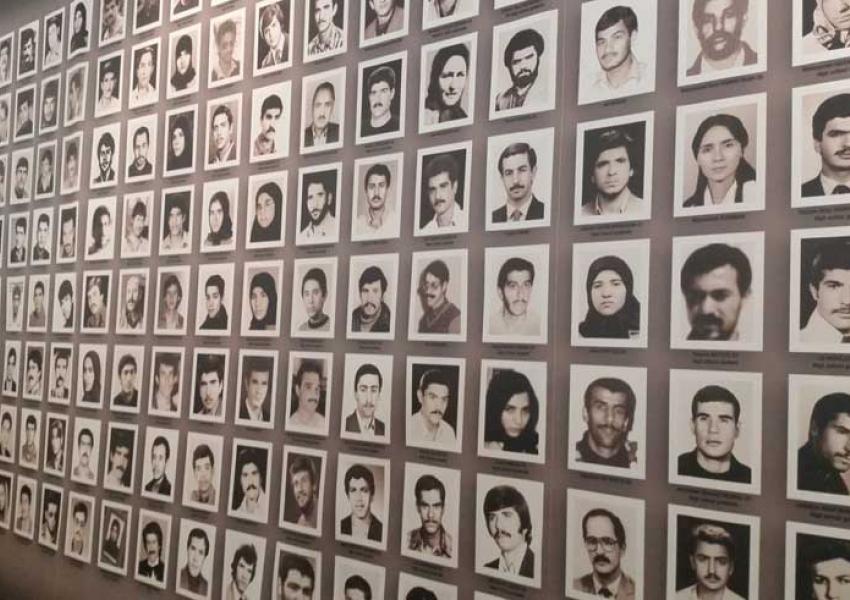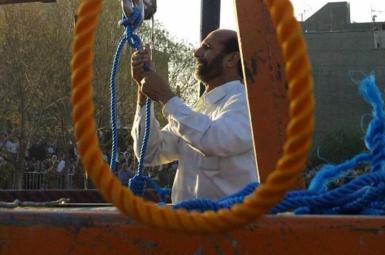
UN Human Rights Experts Demand Accountability On 1988 Prison Massacres In Iran
A group of UN human rights experts issued an unprecedented warning to the government of Iran that past and ongoing violations related to the massacres of political prisoners in 1988 in 32 cities of Iran may amount to crimes against humanity and that they will call for an international investigation if these violations persist.
“We have received concerning allegations of the continued refusal to disclose the circumstances of death and remains of thousands of political dissidents who were forcibly disappeared and then allegedly extrajudicially executed between July and early September in 1988 in 32 cities, and the authorities’ refusal to provide families with accurate and complete death certificate,” the letter states.
The letter specifically mentions six cases as examples of such behavior by the regime of Iran, namely Ali Asghar Zighami, Ghorban Ali Shokri, Sayed Morteza Mirmohammadi, Heibatollah Moinee, Mehdi Gharaiee, and Asghar Mahboub.
“We are further alarmed by the authorities’ refusal to provide families with accurate and complete death certificates, the destruction of mass graves, the ongoing threats and harassment of the families, the lack of investigation and prosecution for the killings, and the statements from the Government denying or trivializing the cases and equating criticizing the killings as support for terrorism,” they added.
The letter goes on to confirm that most of the bodies of the executed prisoners were discarded in mass graves. The letter warns the Islamic Republic that if its violations of human rights and its refusal to reveal the fate of the disappeared prisoners to their families persist, they will “call for an international investigation”.
The UN human rights experts have also asked Iran to provide detailed information on, among other things:
- Whether the names of the individuals executed were included in public burial registers;
- Measures taken to identify, recognize, protect and commemorate desecrated mass graves;
- Known information on the identities of those interred in each gravesite, as well as data on unidentified persons;
- Any provisions to allow families to commemorate and pay their respects at burial sites; and
- Legal provisions to protect families and human rights defenders who seek information on the fate and whereabouts of victims of enforced disappearances and who demand justice.
After the public release of the letter of UN experts condemning the Islamic Republic’s history of human rights violations, Amnesty International celebrated their attempt, calling it a “momentous breakthrough”.
"It marks a turning point in the long-standing struggles of victims’ families and survivors, supported by Iranian human rights organizations and Amnesty International, to end these crimes and obtain truth, justice and reparation,” said Diana Eltahawy, Amnesty International’s Deputy Director for the Middle East and North Africa.
“Top UN human rights experts have now sent an unequivocal, and long overdue, message: the ongoing crimes of mass enforced disappearances resulting from the secret extrajudicial executions of 1988 can no longer go unaddressed and unpunished”, said Diana Eltahawy.
The 18-page letter was first sent privately to the government of the Islamic Republic on September 3 and was released publicly today on the eve of International Human Rights Day.








